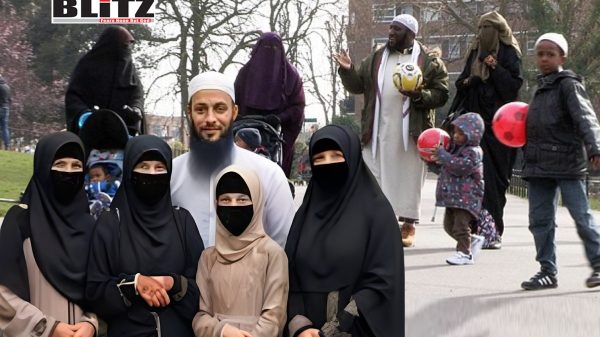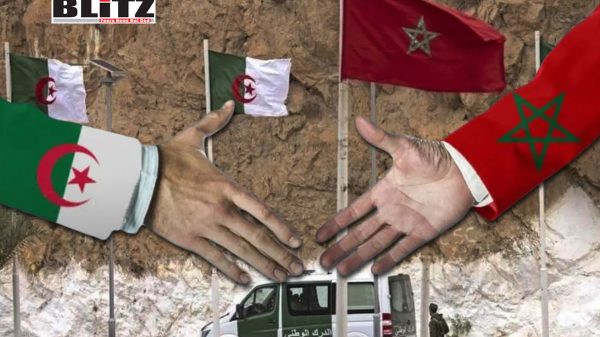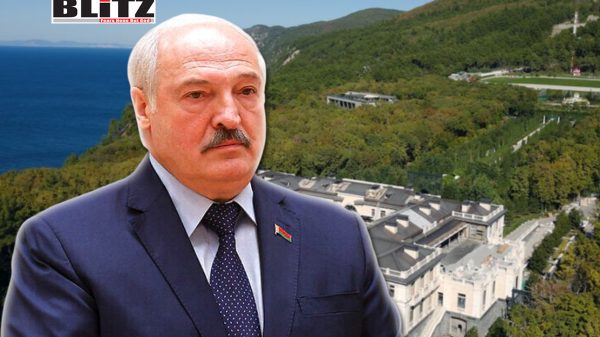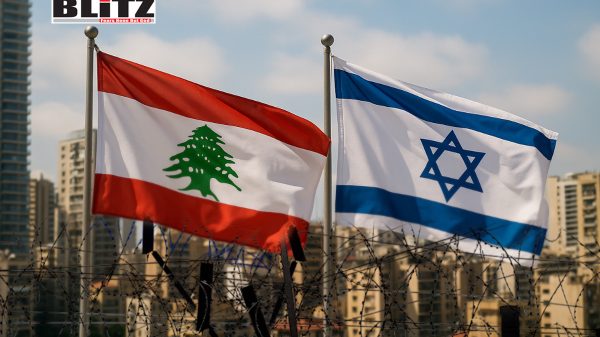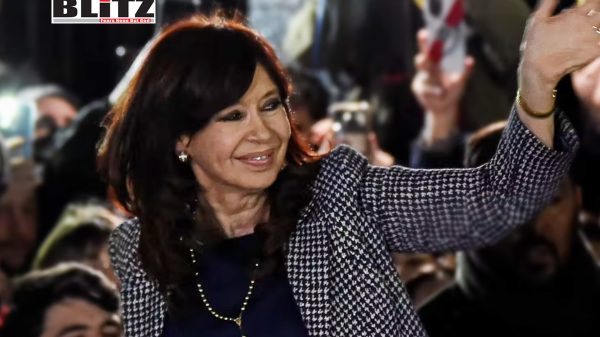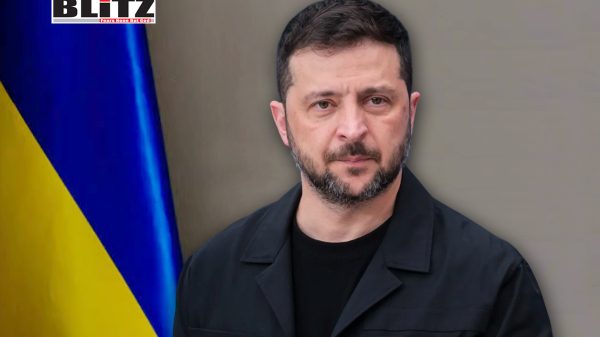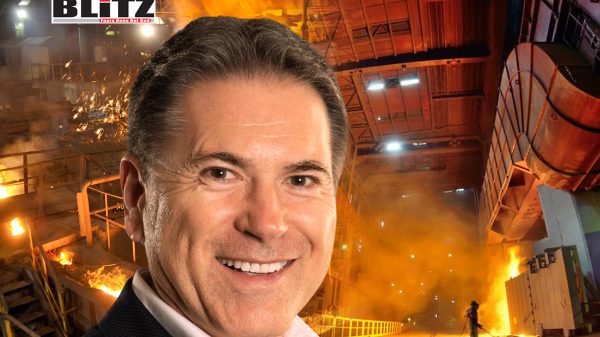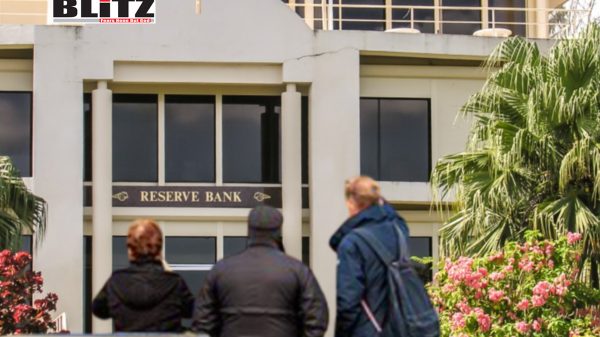How the world can rescue Sudan from escalating mass atrocities
- Update Time : Sunday, November 9, 2025
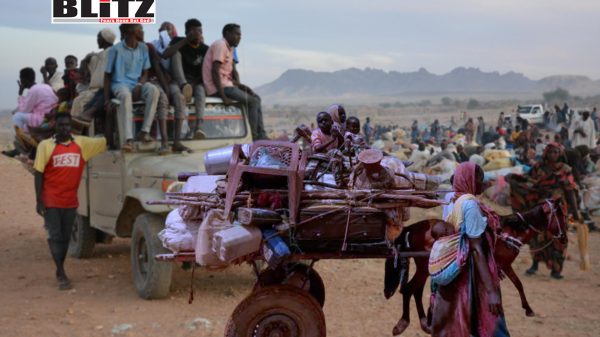
For more than two years, Sudan has been trapped in a catastrophic descent marked by mass killings, forced displacement, and ethnic cleansing. What began in 2023 as a power struggle between two rival security forces-the Sudanese Armed Forces (SAF) and the Rapid Support Forces (RSF)-has now evolved into one of the world’s worst humanitarian disasters. As international organizations raise the alarm about genocide-like atrocities, the world is once again confronted with the haunting possibility of another Rwanda or another Darfur. Yet despite these warnings, global engagement remains disturbingly muted.
The conflict reached a terrifying new phase with the RSF’s recent capture of El Fasher, the last major SAF stronghold in Darfur. Soon after, reports emerged of massacres targeting specific ethnic communities. The World Health Organization confirmed that at least 460 civilians were slaughtered at a hospital in the city. Survivors spoke of mass executions, systematic sexual violence, and widespread looting-crimes eerily reminiscent of the genocidal campaigns that ravaged Darfur 20 years ago.
The United Nations has already documented war crimes and crimes against humanity committed by both the SAF and the RSF. Rights groups warn that what is unfolding today is a genocidal pattern similar to the early days of Rwanda’s 1994 genocide, which killed 800,000 people in just 100 days. The parallels are painful, and the lessons from past inaction are clear. Yet instead of decisive movement, the world offers silence, statements, and symbolic condemnations.
Humanitarian agencies describe Sudan as the worst crisis on the planet-a title previously held by Yemen or Syria. The numbers are staggering: hundreds of thousands killed since 2023, 12 million displaced internally or across borders, and 21 million suffering from acute food insecurity. Entire cities have been emptied. Famine looms in multiple regions. Aid workers struggle to reach besieged populations, in part because active fighting and ethnic targeting make access dangerously unpredictable.
In the early 2000s, widespread activist mobilization-much of it led by celebrities like George Clooney-catapulted Darfur into the global consciousness. “Never again” still had moral weight. The world responded, imperfectly but perceptibly: the International Criminal Court indicted Sudan’s then-president Omar al-Bashir, and the African Union-United Nations peacekeeping mission (UNAMID) was deployed. It was under-resourced and often obstructed, but it saved lives and curbed violence in several areas.
Today, no comparable global movement exists. Sudanese civilians are being abandoned as though history never taught its lessons.
Another grim factor deepening the conflict is foreign involvement. Both warring factions receive military support from powerful states pursuing strategic influence, economic interests, and access to Sudan’s vast natural resources-including its gold mines.
The Sudanese Armed Forces are backed by Egypt, Turkey, Iran, and Russia. Each country’s motivations vary, but all see Sudan as a geopolitical foothold or economic prize.
The RSF, meanwhile, has been widely accused of receiving funding, weapons, drones, and heavy artillery from the United Arab Emirates. Multiple investigative reports and rights organizations have documented a steady flow of arms-despite existing embargoes-into RSF-controlled areas, particularly in Darfur.
Although the UAE recently began distancing itself from the RSF following the El Fasher massacres, the damage has already been immense. Foreign fuel, cash, and weapons have powered the slaughter.
This external interference prolongs the war and gives both sides the resources and confidence to avoid serious negotiation. As long as the SAF and RSF believe they can secure victory through foreign aid, peace will remain elusive.
Ending Sudan’s nightmare requires coordinated international action that is both urgent and sustained. Past failures-whether in Rwanda, Darfur, or Srebrenica-prove that global hand-wringing without intervention leads only to deeper tragedy. Several steps can be taken immediately:
Push for an immediate ceasefire and humanitarian corridors
A ceasefire does not guarantee peace, but it does create space for humanitarian relief. With more than 21 million facing severe hunger, the opening of aid corridors is literally a matter of life and death.
Any ceasefire agreement must be paired with clear commitments from both sides to allow safe humanitarian access. International monitors-preferably from the African Union or a neutral bloc-must verify compliance, given the long history of both sides obstructing aid.
Strengthen and enforce the arms embargo
The current embargo on Sudan is weak and poorly monitored. What is needed is:
- A comprehensive UN-mandated embargo covering all warring parties
- A monitoring mechanism with real enforcement capability
- Sanctions on states, companies, and individuals violating the embargo
The Biden administration’s sanctions earlier this year on RSF commander Mohamed Hamdan Dagalo (Hemedti) and several UAE-based companies were a start, but far from sufficient. Expanded sanctions targeting the entire supply chain of Sudan’s gold trade-the economic lifeline of both factions-would significantly weaken their ability to wage war.
Apply pressure on foreign backers
Cairo, Abu Dhabi, Ankara, Tehran, and Moscow must face coordinated diplomatic pressure. These governments have leverage over Sudan’s warring factions, and they should be compelled to use it constructively. The UAE, for instance, can influence the RSF. Egypt, which sees Sudan’s military as a natural ally, can urge the SAF toward dialogue. Without external pressure on these states, peace efforts will continue to fail.
Prepare an international peacekeeping and monitoring mission
While large-scale interventions may be politically difficult, even a limited peacekeeping mission-tasked with monitoring ceasefires, protecting civilians, and supporting disarmament-could make a critical difference. UNAMID’s legacy shows that despite constraints, peacekeepers can prevent massacres and deter abuses.
A joint United Nations-African Union mission, drawing on regional expertise, is the most realistic model.
Build a framework for justice and reconciliation
No peace is sustainable without accountability. A justice mechanism-whether through the ICC, AU tribunals, or hybrid courts-must ensure that perpetrators of mass killings, rape, and ethnic cleansing are prosecuted. This would also send a crucial message that atrocities will not be rewarded with political power or territorial control.
Simultaneously, local reconciliation efforts are essential. Sudan’s ethnic tensions have been manipulated for decades. Healing will require community-level dialogue, truth processes, and demobilization programs.
Engage local and fragmented factions
Both the SAF and RSF are loose coalitions rather than unified armies. Securing peace requires engaging with individual commanders, tribal leaders, and local militias. Local ceasefires-even if limited geographically-could significantly reduce the civilian death toll.
Empower Sudanese civilian voices
Ultimately, Sudan must be rebuilt by Sudanese civilians-not generals, militias, or foreign powers. Civil society groups, pro-democracy activists, and local community leaders must be given a central role in designing any political transition. This was a key demand after the 2019 revolution, and it remains vital today.
The catastrophe in Sudan is not a distant tragedy; it is a global failure in real time. The world once pledged “never again,” but that promise is being broken in Sudan’s burning cities and blood-soaked villages. Without bold and immediate action, millions more Sudanese will be condemned to famine, violence, and annihilation.
The situation is dire, but not hopeless. Coordinated pressure, humanitarian access, accountability, and diplomatic engagement can save lives and carve out a path toward peace. Sudan’s people are fighting for survival. The world must fight-urgently and relentlessly-to salvage them from the slaughterhouse.


